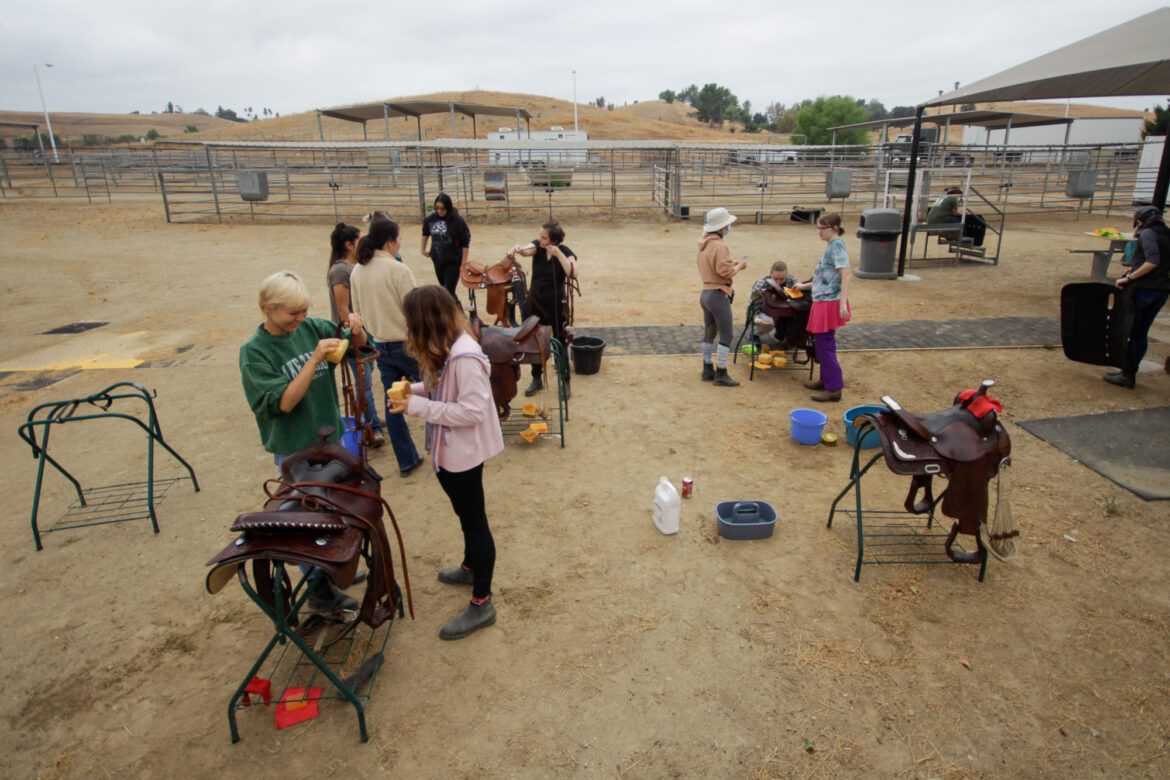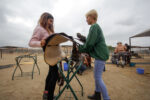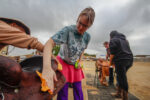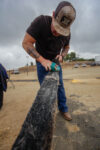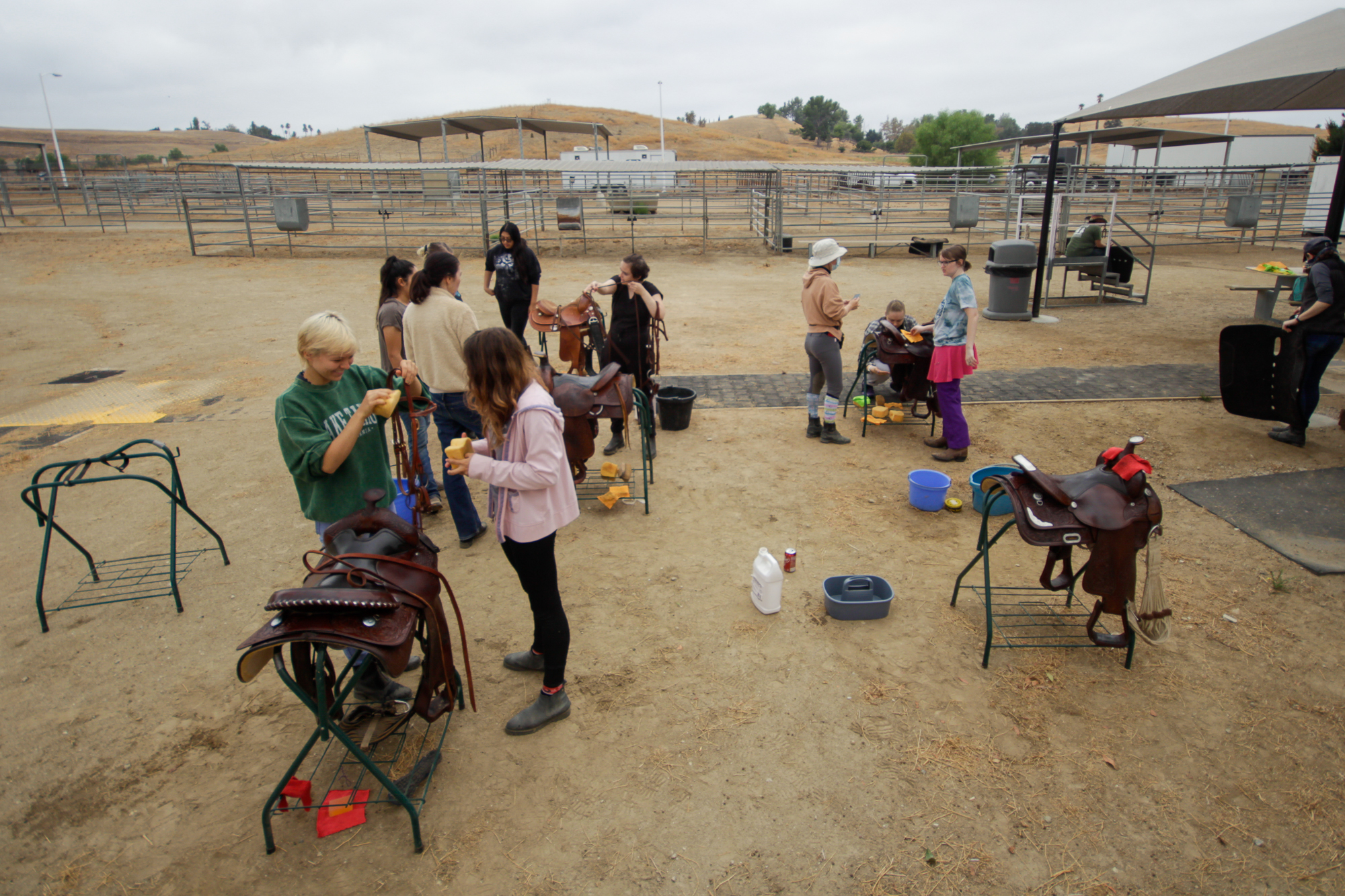
Students attending the Equine Science program are experiencing the absence of a key element to their program—the horses.
With oval-shaped hooves, long tails, short hair and a muscular build, horses are what these students need on campus to receive their Equine Science (ES) degree.
This semester, the administration has not provided horses for the ES classes and the Equine Science department has some concerns about whether the current students will attain their ES degree.
Equine Science professor Heidi Paul shared how important it is to experience physical encounters with horses.
“You wouldn’t teach a car repair class or carpentry class without the proper materials and a course like this requires the proper materials just as those would,” Paul said. “The horses are our materials.”
Equine Science student Jack Mitchell expressed his frustrations during this time of uncertainty.
“It can be seen all over the Pierce website and advertising, how they boast their agricultural programs, it is really shameful to the college that they cannot deliver on their promise to the public to provide a comprehensive education,” Mitchell said. “I wholeheartedly believe they are failing that promise by not having horses on campus for students this semester.”
The uncertainty has some wondering if continuing the course will be beneficial to their future endeavors.
“If we can’t be promised hands-on experience (with the horses) for our classes, how can we expect to be able to finish the program,” Mitchell said.
Paul said that developing the skills to handle horses for a profession takes both time and perseverance.
“You need to see and feel many things on the horse itself in order to learn what is truly going on, whether you are riding or checking for injury or illness. And just watching them interact in their pens gives you a real insight into their “society”, which is essential to understanding why they behave the way they do,” Paul said.
The visions of working alongside horses are beginning to fade for some.
“Personally, I know that practically all of my classmates and peers are unsure of the stability of the program. The first question everyone asked after we were told horses would not be on campus this semester was “How are we going to do these classes?’ and the professors struggled to answer,” Mitchell said.
Equine Science professors Paul and Nicole Land are still teaching classes regardless of their horseless status.
“The students would have been served better had this class been offered in the Spring when we had horses on campus,” Paul said. “I hope that can be remedied.”
Interim President Aracely Aguiar shared the troubles of housing the horses for multiple semesters.
“One of the things is that having the horses here year-round, or as long as we had them, has created some financial burden. It places a tremendous financial burden on the college,” Aguiar said.
Aguiar said that even though the class with the horses is only offered in the spring, they are planning out the curriculum for the Equine Science classes.
“In the spring, we always offer that class with the horses. So that is a done deal,” Aguiar said. “The key is going to be that as we are mapping out the curriculum, that the students are aware that it’s going to be in the spring.”
Mitchell explained how important it is to have horses for the Equine Science program as they are a requirement in many classes needed for students to earn their degree.
“Having horses is intrinsic to the program. Without them, we cannot have any of the required classes for the certificate or degree,” Mitchell said. “All three levels of riding classes, equine health and first aid and the equine management class suffer severely.”

